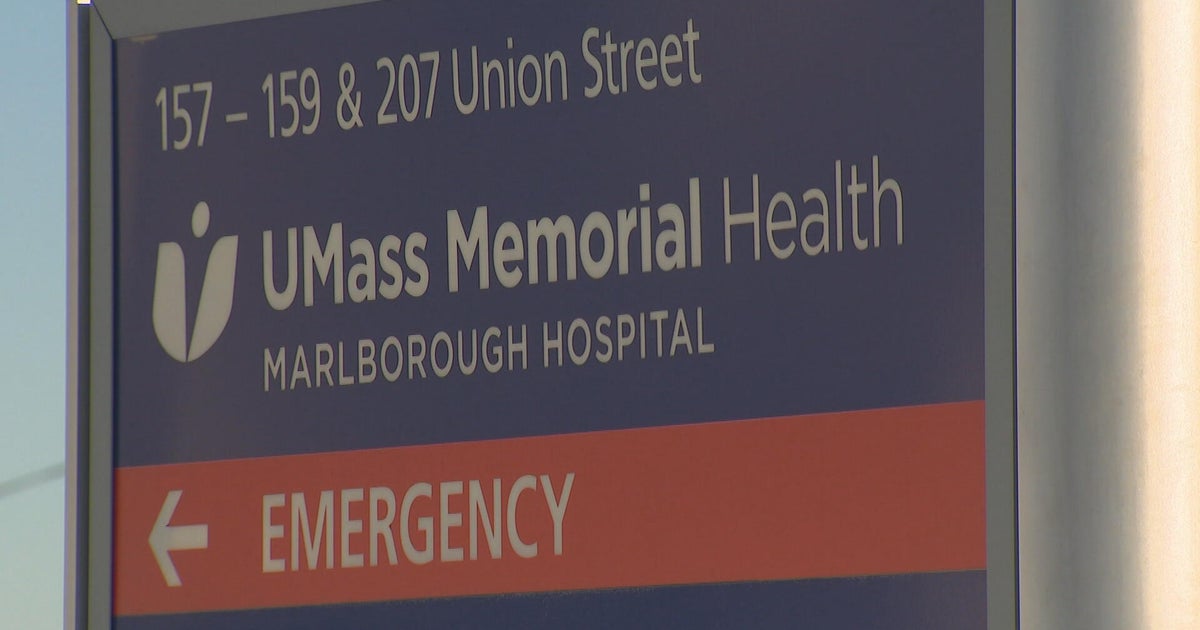Northwestern COVID study connects severity of infection with effects on the brain
CHICAGO (CBS) -- A new study from Northwestern Medicine shows there may be a correlation between the severity of a COVID infection and the long term effects on the brain.
Researchers studied 600 long-haulers at Northwestern's Neuro COVID-19 Clinic.
They found big differences between those who were hospitalized with COVID-19 pneumonia and those treated as outpatients. It takes age into account. The hospitalized patients were a decade older.
The chief of neuroinfectious disease at Northwestern is leading the research and talked about the variations in how COVID affected people's brains.
"The patients were previously hospitalized had deficits in three of those categories: processing speed, attention and working memory. whereas those who were never hospitalized only had mainly a deficit in attention," said Northwestern neurologist Dr. Igor Koralnik. "That means that brain fog is not a one size fits all."
Researchers are now looking for biomarkers in the blood of long COVID patients to see if there's a way to better identify them so they can provide more precision treatment.
The CDC is expected to sign off on a fifth COVID vaccine for seniors and people with weak immune systems. The FDA authorized the extra booster on Tuesday. Regulators also said going forward, all vaccines from Pfizer or Moderna will use the updated formula, which protects against the original virus strain and the omicron variant.
More from the Northwestern study: Researchers focused the study on the first 600 patients (100 post-hospitalization, 500 non-hospitalized) who had a documented COVID-19 infection and came to the Neuro COVID-19 Clinic either in person or via telemedicine between May 2020 to August 2021. Patients reported an average of seven neurologic symptoms due to COVID-19, with 91% experiencing more than four neurological symptoms.
NEUROLOGIC SYMPTOMS
- 81% experienced brain fog
- 70% experienced headaches
- 56% lost their sense of smell
- 55% had an altered sense of taste
- 50% experienced dizziness
Hospitalized patients had more abnormal neurologic exams (62% vs 37%) and performed worse on processing speed, attention and working memory tasks. Non-hospitalized patients had lower results in attention tasks only.
NON-NEUROLOGIC SYMPTOMS
- 86% experienced fatigue
- 69% experienced depression/anxiety
- 57% had insomnia
- 48% experienced shortness of breath
- 34% self-reported variation of heart rate and blood pressure
- 30% experienced chest pain
- 27% had gastrointestinal symptoms such as nausea, vomiting or diarrhea
Of these symptoms, only shortness of breath and chest pain were significantly more frequent in the post-hospitalization group than non-hospitalized.







